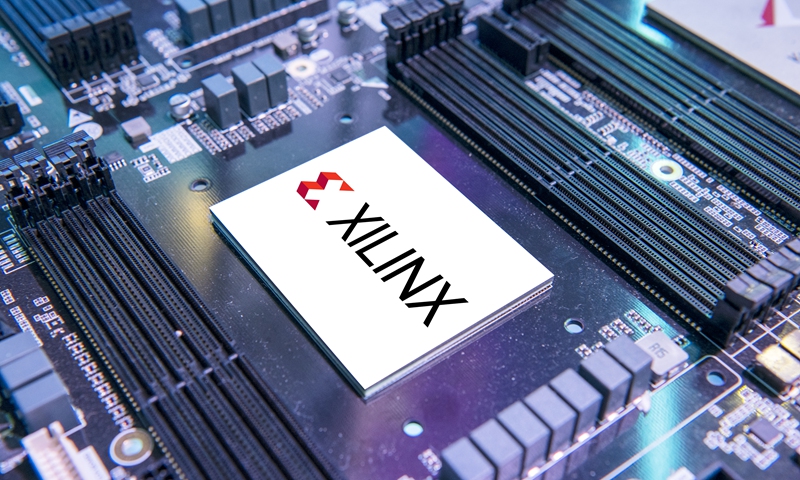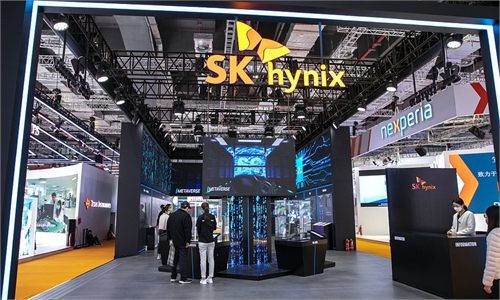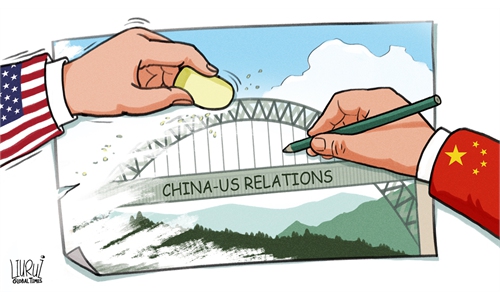China's market regulator conditionally approves Advanced Micro Devices' planned purchase of Xilinx

Photo: VCG
The State Administration for Market Regulation (SAMR), China's market regulator, announced on Thursday its decision on an antitrust review that conditionally approves Advanced Micro Devices' planned purchase of Xilinx.
The restrictive conditions will be effective for 6 years, after which the regulator will decide whether to remove them according to Advanced Micro Devices' applications and share of the market, read a notice published by the SAMR on Thursday.
Among the conditions, the regulator demanded that no differential treatment should be provided to customers, in terms of price, delivery time and after-sales service, among other transaction conditions.
Some speculated that the acquisition has or may have the effect of restricting or eliminating competition in the global and domestic integrated circuit markets. However, after the assessment, the SAMR said that the commitment plan proposed by the company on January 13 on additional restrictive conditions can reduce the adverse impact of the acquisition.
Other concerns were based on the fact that it is difficult for new competitors to be visible in the market in the short term and consolidate an effective competition since the industry requires large amounts of money and time.
A similar case involving the decision of an antitrust review was reported last year with SK Hynix's planned purchase of Intel's NAND memory chip business.
The SAMR said it received the antitrust declaration of the concentration of operators in the case of SK Hynix's purchase of Intel business on December 15, 2020. The regulator considered that this concentration has or may have the effect of excluding or limiting competition in the global and domestic PCIe SSD market and SATA SSD market.
After a fair and thorough assessment, China's top market regulator announced on December 22, 2021, its decision on the antitrust review that conditionally approved SK Hynix's takeover of Intel's NAND memory chip business.
China's fair and transparent procedure in market regulation involving US chip companies came in stark contrast with the US blatant and ill-intended moves against Chinese companies in the market, said observers.
The US House of Representatives on Tuesday unveiled a bill meant to contain China specifically in chip making, while intentionally excluding Chinese companies from the center of the supply chain.



